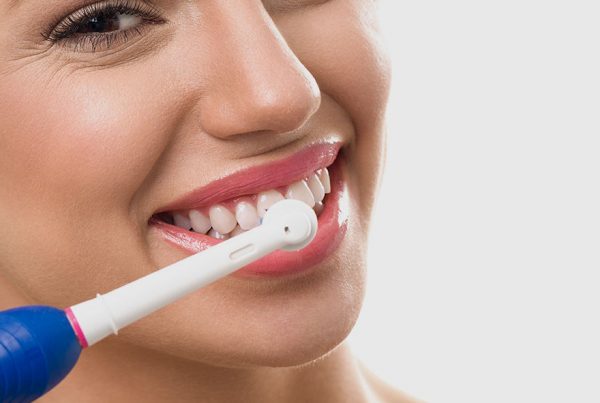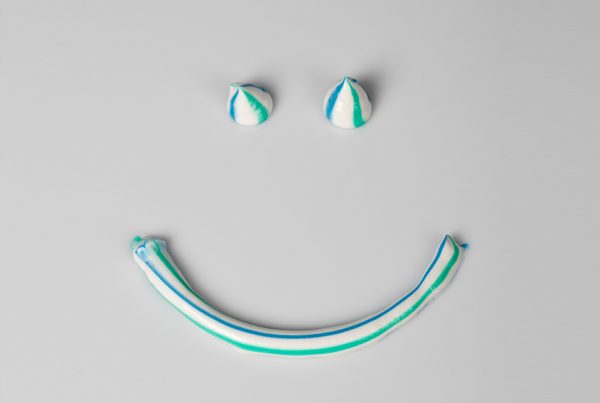We all want a beautiful, bright smile. Teeth whitening can be a great way to achieve that. If you whiten your teeth with the help of your dentist, it’s a safe and predictable way to improve the appearance of your smile. But can anyone have tooth whitening? Unfortunately, no. There are things that mean your dentist cannot whiten your teeth. All of these problems can be dealt with and whoever you are, there are always options to improve your smile. In this article, we discuss the different factors that may prevent you from having your teeth whitened.
1. Tooth decay
It’s really simple. If there are holes in your teeth, these need to be treated before you undergo teeth whitening. It’s really important that your mouth is healthy before we consider making cosmetic improvements. Tooth decay that is not removed will get bigger and bigger until the tooth becomes painful or breaks. A missing tooth looks much worse than healthy, yellow teeth.
2. Gum disease
Similar to the point above, your gums need to be healthy before we consider whitening your teeth. The foundations around your teeth are made up of gum and bone. Gum disease is when bacteria damage the bone and gum that support your teeth, causing these foundations to shrink away. Left untreated, gum disease will cause tooth loss. Before a dentist whitens your teeth, we need the foundations around your teeth to be healthy.
To learn more about gum disease, take a look at this article.
3. Sensitive teeth
Most people who whiten their teeth will get sensitivity during the treatment. The majority of patients find a way to manage the sensitivity but if your teeth are very sensitive before whitening, they are likely to be very sensitive during whitening. This is why it is important to find out what is causing the sensitivity and try to reduce it before having tooth whitening. It may be that a sensitive toothpaste is helpful. If gum recession is causing sensitivity, it may be necessary to protect the root surface with a simple repair before whitening the teeth. Sensitivity can be caused by tooth decay so you may have a cavity that requires repair. Whatever the reason, if you have sensitive teeth, it is a good idea to find out the cause before whitening your teeth.
4. Existing crowns or dental work
Dental work will not whiten in the same way that your teeth will whiten. Dental work could be a porcelain crown or a tooth coloured filling. These will stay the same colour, no matter how much you whiten them. If you have porcelain crowns on your front teeth, they will not change colour. If you have some crowns on your front teeth, you can still whiten your teeth. However, you need to be aware that the crowns will stay the same colour and could require replacement if they stand out
after whitening. If you have crowns or fillings on your front teeth, have a chat with your dentist and see if it would be possible to improve these crowns after whitening.
5. Children under 18 years old
Dentists are not allowed to provide teeth whitening for children in the United Kingdom. Sometimes, dentists can get around this if some form of whitening is in the best interests of the patient. If a child has a discoloured tooth then whitening that tooth is acceptable. But, as a general rule, children under 18 years old are not able to have teeth whitening for cosmetic reasons. If you would like to whiten your teeth, it should always be done with a dentist. A dentist is qualified to assess the health of your mouth before whitening. He or she can let you know if there is anything that needs to be addressed before whitening. Whitening kits from the internet or a beautician can be dangerous and harmful to your teeth. If you would like to whiten your teeth, do it with a dentist. Sometimes taking shortcuts can be very expensive.
Keep updated with the Online Dentist newslettersign up today
Recent Articles
 Tooth brushing is the best way we have to remove bacteria from our mouths. The majority of problems with your teeth are caused by bacteria. Bacteria making holes. Bacteria damaging...
Tooth brushing is the best way we have to remove bacteria from our mouths. The majority of problems with your teeth are caused by bacteria. Bacteria making holes. Bacteria damaging...
 This article is all about toothpaste, what should be in it and why you should use it when brushing your teeth. Forgive me but I'm going to start out with...
This article is all about toothpaste, what should be in it and why you should use it when brushing your teeth. Forgive me but I'm going to start out with...




